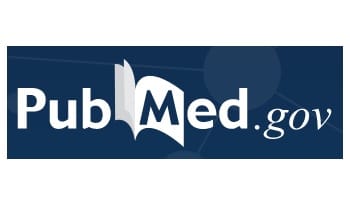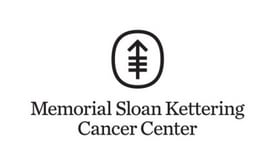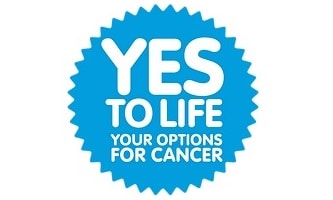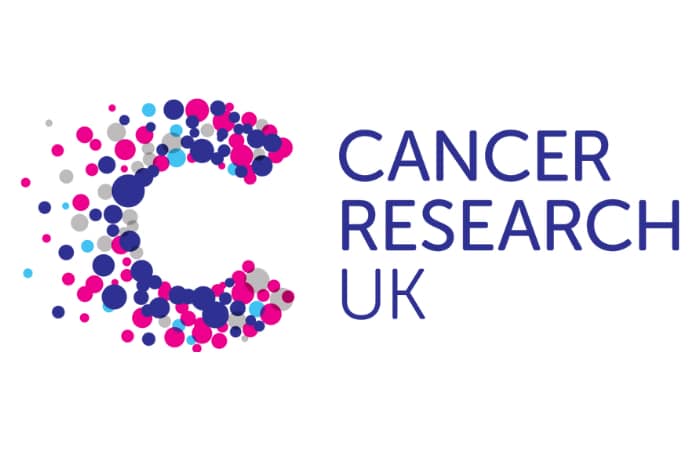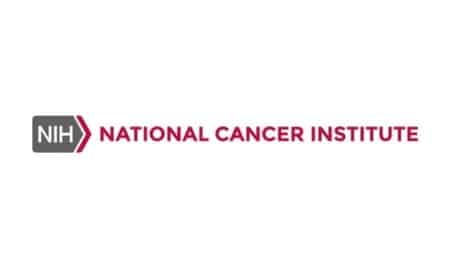Navigating cancer can be overwhelming. You may be facing unfamiliar terms, multiple treatment choices, and difficult decisions. In recent years, artificial intelligence, or AI, has been getting a lot of buzz as a revolutionary new technology. AI can help you make sense of it all—but it’s important to use it wisely and with caution.
AI is a kind of computer technology that helps machines “think” and make decisions like humans. It can quickly sort through huge amounts of information, find patterns, and offer helpful suggestions. AI tools, like ChatGPT, are designed as chatbots where users can enter questions and receive answers. AI uses complex language models to synthesize vast amounts of information, allowing users to engage with questions and receive answers on any topic of interest. AI technology is being used across the platforms many of us use every day, most noticeably in Google’s search summaries composed by AI.
While AI is exciting and changing the way people search for information, it still isn’t perfect. The answers it provides is limited by the dataset the chatbot can access, and sometimes instead of saying “I don’t know” chatbots can have “hallucinations” and provide false information.
When it comes to navigating complex medical information, AI can be incredibly useful, but a false answer could potentially result in dangerous medical advice. Below we provide tips on how to use AI while navigating cancer information.
1. Interpret complex medical information and research studies
While navigating cancer, you will be faced with many technical terms that might be unfamiliar to you. AI can help you understand different terms related to diagnosis, conventional therapies, or even medical imaging results. You can copy and paste complex terms on paperwork you are sent home with and ask AI to define the specific words you don’t understand.
Burt Rosen, an SIO Patient Advocate and cancer survivor, wrote a great article about using AI for interpreting medical imaging results and other data from your medical records. Before uploading any of your records, it is best practice to black out your name, address, and any other private identifying information.
Additionally, if you find a clinical study about a topic you are interested in, you can have AI translate the scientific language into simpler terms. You can ask to have AI teach you about study design, interpreting different results, or explain complex research methods. Over time, you can learn how to read studies better with the aid of AI.
2. Explore integrative approaches specific for your case
It is overwhelming considering all of the cancer treatment options that might be presented to you. You can use AI to ask questions about specific treatments your doctor has mentioned, or to understand all of the conventional options that are offered for standard of care. Advanced models of ChatGPT are designed for research, and they provide specific references for answers. The platform OpenEvidence is designed for doctors, but you can use it for evidence-based answers.
Each person’s cancer is highly unique, with variation in cell type, conventional therapies, cancer stage, and other personal health factors. By uploading the details of your cancer and side effects, you can explore options. After you upload your details, you can then ask AI about what information is available. Be sure to remove identifying information before uploading any data to an AI model (name, address, etc), as it is good practice to not upload identifying information to unsecure platforms.
Below is a prompt series you could use to explore integrative approaches appropriate for you.
Prompts to explore integrative approaches to your cancer care
Prompt:
I am going to submit details about my specific cancer diagnosis. You are an integrative oncologist. After I share my case, compile a list of complementary therapies that will help with my side effects and not interact with any of my treatments. Include evidence citations for each therapy you list.
[Your personal: cancer type, stage, cell type, genetic mutations, conventional therapies, side effects, symptoms, prescription medications, chronic health issues]
Follow-on prompt:
Are there evidence-based foods or exercises that have been shown to specifically improve my cancer?
Remember, AI is not medical advice, but it could provide you with tailored suggestions to research further and ask your doctor about to confirm that there aren’t any safety concerns.
3. Fact check any answer provided by AI
False information generated by AI is referred to as a “hallucination.” This happens because AI isn’t trained to give a “right or wrong” answer, it is a “pattern-based system designed to learn from data and recognize associations, and generate responses based on probability and context.” In simpler terms, AI tools like ChatGPT work by recognizing patterns in huge amounts of data. They try to give answers that fit your question—but they don’t always know if the answer is accurate.
AI models are rapidly improving, but they are still limited by the dataset used to build them. With any information on a cancer diagnosis or therapy, be sure to double check the answer on a trusted resource like CancerChoices.org, ASCO, or PubMed. If AI does provide a reference, click on it to make sure it actually applies to the response it has given.
A primer on different AI tools
ChatGPT – A powerful chat-based AI tool. A subscription provides access to more advanced models, such as ChatGPT 4.5 for Deep Research, designed to pull references for complex answers.
Perplexity – This AI tool feels more like a Google search. After asking a question, it clearly lists the main sources it is referencing for the answer, and then provides a summary.
OpenEvidence – Designed for medical professionals, this tool is one of the best we’ve seen at incorporating scientific references into provided answers. There are limitations on its use for non-medical professionals.
Claude.AI – Another chat-based AI tool. While this tool is great for exploring different topics and engaging in conversation, it isn’t as rigorous for doing nuanced scientific research.
KNOW Oncology AI tool – KNOW Oncology is a nonprofit that assesses the evidence for natural therapies and diets for cancer. They have recently launched an AI chat tool that makes searching its database easier. We trust this tool, as it is only sourcing information from the KNOW database. Use of this tool requires a paid subscription to the database.
In conclusion
AI technology is rapidly changing and developing, and this guide is meant to serve as a reference for navigating AI tools in 2025. Of course if you are not comfortable using AI, trustworthy websites are a great way to research cancer therapies and resources. At CancerChoices we are watching the development of AI closely to best understand how it can be positively used, and where it is still weak. All of our research and writing is conducted by real humans, and our use of AI is as a tool to make our processes more efficient.
Lastly, we want to reiterate that AI is not a replacement for medical advice from a trained professional. AI is most useful as a tool to do your own research and to help you better understand complex medical terms. Before embarking on any new health intervention, be sure to consult your doctor first.
Trusted cancer resources
Christine has a dynamic background in the life sciences, public health, and program operations. Her career began at the lab bench with a Gates Foundation-funded HIV Vaccine research group, which led her to graduate studies in public health epidemiology at UC Berkeley. Her research experience spans clinical epidemiology research to evaluating the impacts of community nutrition programs in Los Angeles, the Central Valley, and Oakland. Most recently she has worked in executive operations for a seed-stage venture capital firm based in San Francisco. Personally, Christine is passionate about holistic health and wellness. She is a clinical herbalist and Reiki master, and she has been practicing yoga for 15+ years. She brings a breadth of experiences to her work leading the CancerChoices program.

